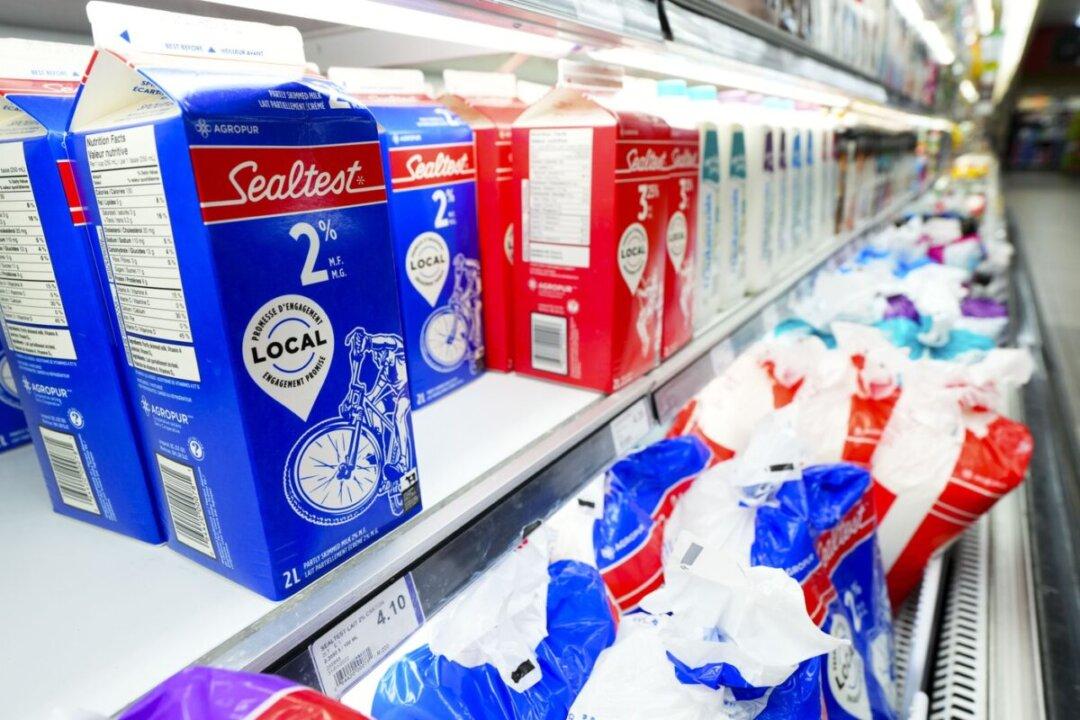The Canadian Dairy Commission, which oversees federal and provincial dairy policies, will proceed with another round of wholesale milk price hikes effective Feb. 1.
The Crown corporation, which already introduced two price hikes in 2022—8.4 percent last February, and 2.5 percent last September—will have the farm gate milk price rise by another 2.2 percent starting next month.





